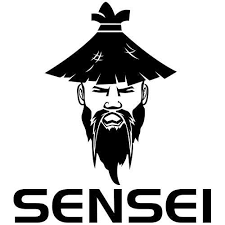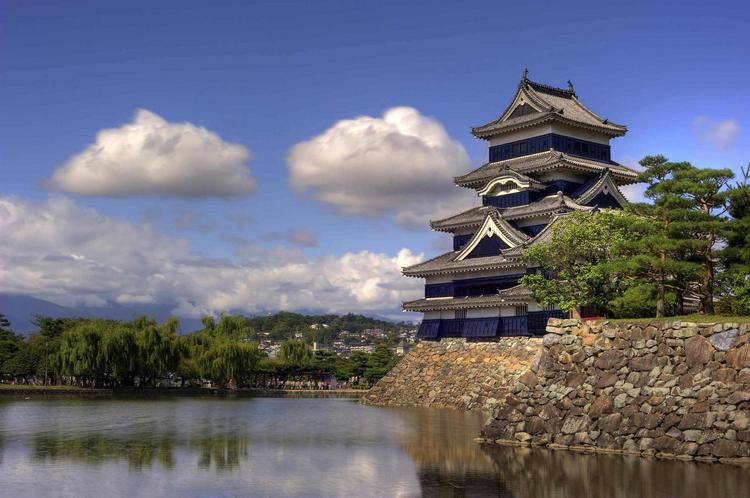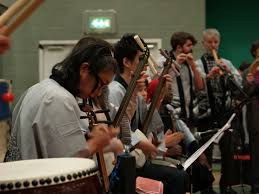BORN EARLIER, Sensei
 Who do you think this is? “Born before” preserves the wisdom of generations and transfers it to others. They go to him for advice. He is respected and loved. This is as important a person as parents, and sometimes more important. Guessed?
Who do you think this is? “Born before” preserves the wisdom of generations and transfers it to others. They go to him for advice. He is respected and loved. This is as important a person as parents, and sometimes more important. Guessed?
Of course, this is a teacher, and in Japanese – sensei.
By default, we translate this word as “teacher, teacher,” but for the Japanese it contains a whole world of relationships built on respect, reverence and love. Parents give life, and Sensei teaches us how to live. Even in the fairly recent past, many noble Japanese tried to give their children to teachers and mentors early, so that children could learn the wisdom of life earlier. The mentor became the second father. If there weren’t those who were “born earlier”, then there wouldn’t be all that we have now, that’s why the Japanese treat Sensei with reverence, catch their every word and thank them for agreeing to spend their precious time and share your experiences.
This feeling of gratitude is one of the most important elements of Japanese culture. Moreover, gratitude is expressed more likely not in the material equivalent, but in the moral. Gifts in gratitude and respect, of course, give, and a lot, but the most important expression of gratitude is devotion and respect. There is no greater joy for Sensei than to see his student who follows the instructions he received from the teacher. Sensei, in turn, will be grateful for such devotion and will continue to share knowledge with this person. In these relationships, there is no blind copying of the teacher’s words. It is always a deliberate use of the acquired knowledge, which is further superimposed on one’s own experience.
In Russia, many are engaged in traditional Japanese arts: ikebana, calligraphy, martial arts. The word “Sensei” is recognized in the first lesson, but for us this is just a Japanese name that you just need to know. Moreover, when some Russians begin to call themselves “sensei”, they automatically classify themselves as Japanese authorities of antiquity and sometimes forget that they themselves only embarked on the path of knowledge of any art. Often we treat the teacher as a leader who quickly distributed responsibilities and monitors their implementation. However, this is, first of all, the mentor who monitors every step, points out errors and helps to correct them, which is the most important thing. In Japan, when Sensei speaks, everyone quietly listens when he asks for something, everyone does it, and they do it very quickly. Probably, because of the difference in cultures, we are used to obeying someone who has power, but rarely who obeys only out of a sense of respect. This is what Russians often do not understand and do not accept. In our behavior there is a moment “I want and I will” or “I do not want and I will not.” No one will bow and observe all the rituals and rules if he does not want to. At one of the kendo training sessions (Path of the Sword) in the presence of Japanese sensei, the Russians began to arbitrarily do what everyone wants, which made sensei so angry that after classes he did not answer any questions. He refused to correct the disciples’ mistakes, which was the most severe punishment. Just starting to engage, everyone tries to build himself into a sensei, interrupts, begins to show and explain. Learning sometimes turns into the game “Spoiled Phone”, when everyone explains how he understood. In Japan, either Sensei himself or a student whom he trusts, but not any of those present, and especially not all at once, is always engaged in newcomers to classes.
Once at a calligraphy master class, Japanese sensei were asked to write three characters, but those present, picking up a brush, began to write what everyone wanted, since the proposed characters were considered too simple and therefore unworthy to write. Sensei had no choice but to praise everyone equally and limit it to this. The Russians left, satisfied with themselves and with the fact that they showed the Japanese class, although they actually showed disrespect for them. It’s a pity, because of this, many Japanese art clubs are developing slowly and people are losing a very large part of the real Japanese culture. This happens by itself because of the difference in thinking and upbringing, and, unfortunately, it is very difficult to cope with such excesses.
One of the representatives of the Kendo club expressed a desire to start writing scientific work on this sport as soon as possible, to which the elderly sensei replied: “You will be able to do this only when your strength is exhausted. If you do everything right, then no strong man can to defeat you, and just then you will know the true price of mastery. And now you are just a student. ” Many sensei, in spite of the fact that they gave their chosen occupation almost their whole lives and achieved much, say: “Well, that you, I’m not a master, I continue to study.”
Do Japanese people think that sensei should constantly improve himself? to be strict, generous and grateful to his teachers for the fact that he himself could become a sensei.




